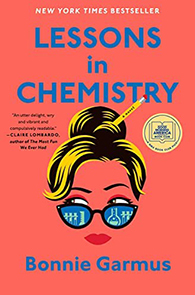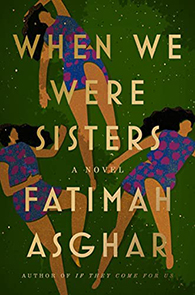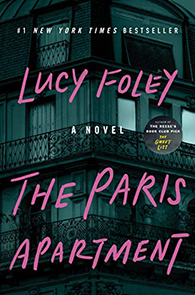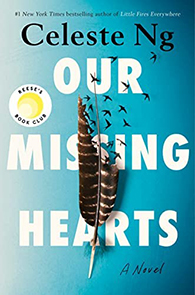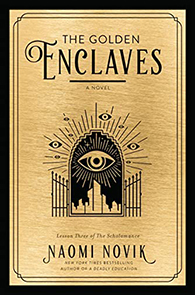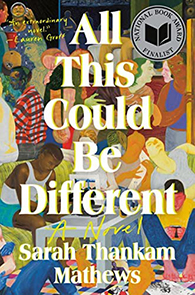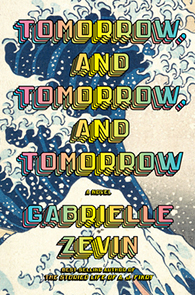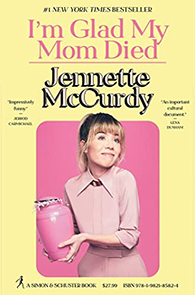To my delight, the Hugo winners have been announced. Check out the full list of categories, short lists, and winners on the Hugo Awards website. On my side, I’ve read the short stories (i.e., less than 7,500 words) and now am making my way through the novelettes (i.e., 7,500 to 17,500 words). I am enjoying myself immensely.
This year’s novel (i.e., 40,000 words or more) winner is Emily Tesh’s 2023 Some Desperate Glory (Tor Books pub., UC Library Book Search).
T. Kingfisher’s 2023 A Fairy Tale Transformed: Thornhedge (Tor, Titan UK pub., UC Library Search) won the prize for novella (i.e., 17,500-40,000 words).
In novelettes, we’ve got Naomi Kritzer’s “The Year Without Sunshine” (Uncanny Magazine, November-December 2023, fulltext).
In short stories, there is Naomi Kritzer’s “Better Living Through Algorithms” (Clarkesworld, May 2023, fulltext).
In graphic novels, we’ve got the 11th volume of SAGA by Brian K. Vaughan, art by Fiona Staples (Image, pub., UC Library Search).
Then, in games or interactive works, Baldur’s Gate 3 (Larian Studios, prod., website).
There is more, but this post is long enough. I encourage you to check out the full list linked at the top. And, If you have time, I hope you enjoy.
Signing off,
Bee (Lit/DH Librarian)






